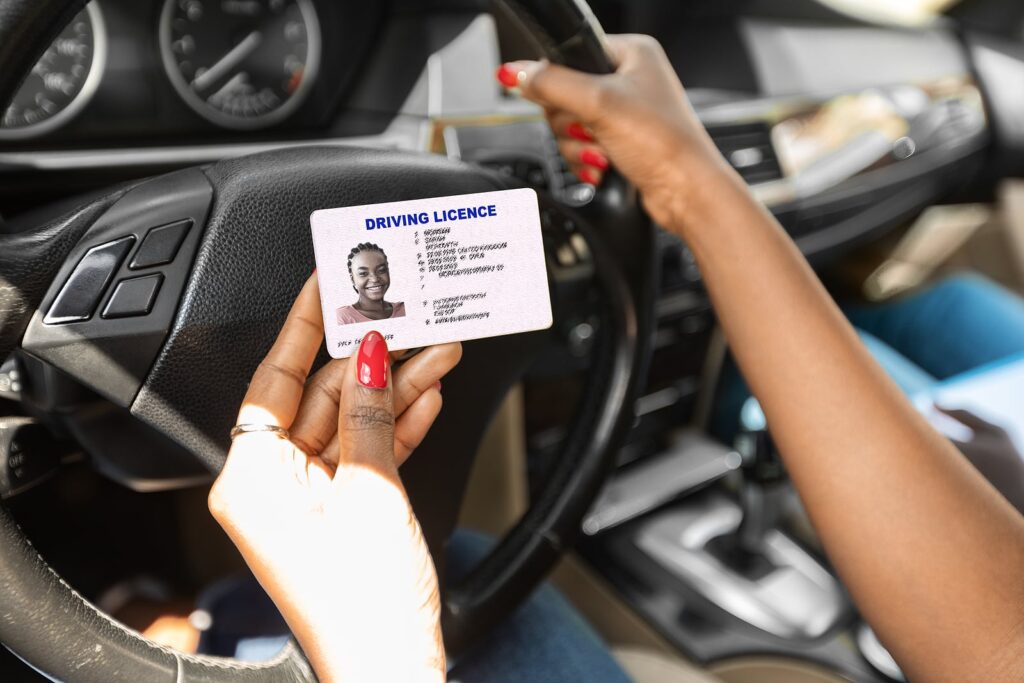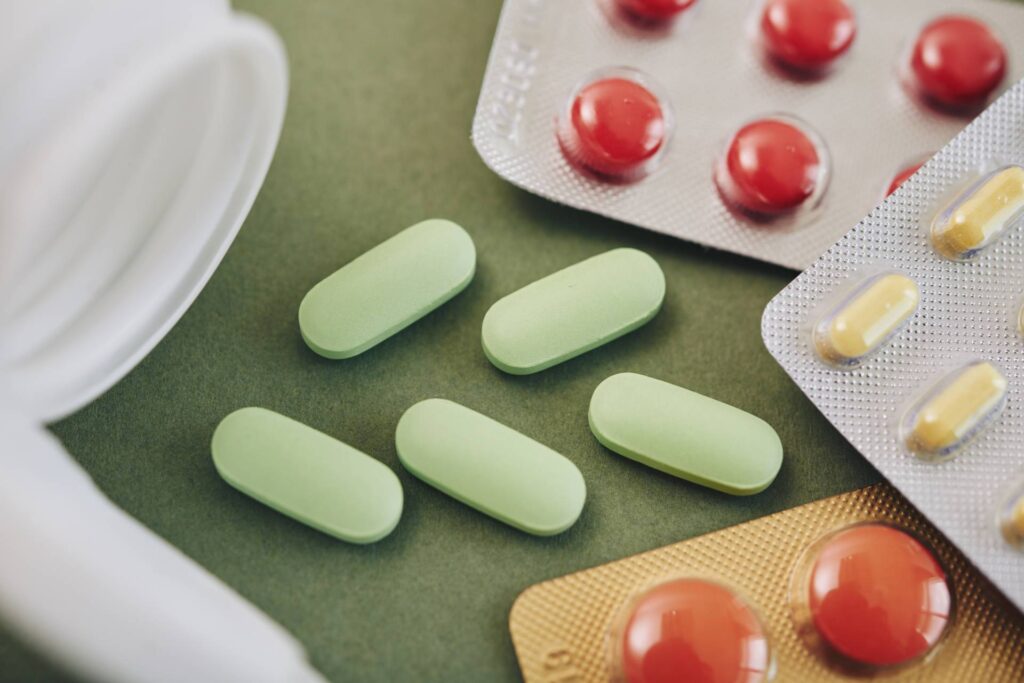You can get an OUI in Boston, even if you are under the influence of prescription drugs that are prescribed to you, by your medical provider. However, if you are taking a prescription that was given to you as prescribed, and following your doctor’s prescribing orders, then it is unlikely to lead to OUI charges. That is, unless a few factors are present:
- You mixed your prescription drugs with alcohol use: Even if your BAC level is lower than the legal limit, you may get an OUI charge for mixing prescription drugs with alcohol use.
- The prescription is listed under Massachusetts laws as a drug that is likely to impair you: Some drugs are more likely to impair your ability to drive. Opioids and antidepressants are more likely to, because of their ability to impact your reaction time.

Taking a prescription drug that can impair your judgment, however, is not enough to warrant OUI charges. The prescriber, or the label of the drug, must warn you of its ability to interact with alcohol or to cause impairment.
What is an Operating Under the Influence (OUI) Charge?
Operating under the influence (OUI), driving under the influence (DUI), and driving while intoxicating (DWI), are often used interchangeably to describe the operation of a motor vehicle, while under the influence of a substance. The state of Massachusetts has a legal limit of 0.08% blood alcohol content (BAC) level. This means that if you are over this limit, whether it is from alcohol, stimulants, depressants, or any other substance, it is illegal. It does not matter if that substance is legal or illegal, you can be charged if you are over the legal limit.

It is important to note that the legal limit may be even lower for some individuals, like commercial truck drivers or those under the legal drinking age of 21. Commercial truck drivers must follow a legal limit of .04, whereas Massachusetts has a zero-tolerance for underage individuals, meaning any BAC level of a .02 or higher BAC is illegal.
What are the laws regarding OUI Charges in Massachusetts?
Massachusetts laws require that the prosecutor demonstrates the following elements in an OUI case:
- The defendant was operating a motor vehicle
- The defendant was operating a motor vehicle on a public road
- The defendant was operating the motor vehicle in a public way, under the influence of alcohol, drugs, or other illegal substance
- The MA Commonwealth must also demonstrate that the medication is a narcotic drug
- They must also demonstrate that the individual had prior knowledge that the side effects of the drug could impair them and their ability to drive
Massachusetts laws also follow implied consents laws, which requires drivers to consent to a blood-alcohol test. Drivers who do not give consent can face consequences like a license suspension or legal fines.
What are the Potential Legal Consequences of an OUI in Boston?
The state of Massachusetts, including Boston and surrounding areas, imposes heavy fines and potential legal consequences for OUI charges. The potential charges of operating under the influence of drugs are very similar to the legal consequences you would receive if charged with a DUI or a DWI.

The potential legal consequences of an OUI in Boston include:
- Legal fines up to $5,000
- Imprisonment of up to two and a half years
- Probation with required attendance in an education program
- License suspension
Individuals with a prior criminal record may experience even harsher legal sentencing. Additionally, your BAC and other details at the time of the arrest can affect your expected sentencing.
What Legal Defenses are Available for an OUI?
Depending on the details of your case, your drug defense lawyer may be able to build a case and negotiate a plea agreement to reduce your charges. These are a few of the most common defenses available for an OUI:
- The drug was taken as prescribed: If you take a prescription drug that your medical provider has given you, in the recommended dosage, and with no usage restrictions, it is unlikely that the drug would impair you, or for the prosecutor to prove that it impaired your ability to drive.
- Involuntary intoxication: Involuntary intoxication occurs when you did not intentionally become intoxicated. This defense is often used when a defendant unknowingly ingests drugs or, often against their will. However, it can also include accidental intoxication due to prescription drugs, so long as the drugs were taken as directed.
It is important to note, however, that involuntary intoxication does not occur if the defendant was warned of its possible interactions. A sufficient warning might include doctor’s notes or warning labels on the prescription itself.
Your drug defense lawyer may be able to negotiate a plea agreement. If you decide to take your case to trial, you will need a knowledgeable lawyer who can build your defense and gather the necessary evidence. OUI cases that involve prescriptions can be more complicated than a typical case. Many people are aware of how alcohol affects them and most believe that individuals should be aware of the consequences. However, these consequences are not as well-known with prescriptions.

Because of the unique nature of demonstrating how pharmaceuticals can impact the body’s chemistry and its BAC levels, it is important to call on helpful resources, like an expert witness. When building your case, your drug defense lawyer will call on medical professionals who can attest to the prescription drugs and how they contribute to BAC levels. Additionally, your lawyer may be able to argue a Continuance Without a Finding (CWOF) charge if there is not sufficient evidence available.
Massachusetts also has programs available to first-time offenders, which your criminal defense lawyer may be able to negotiate on your behalf. This leads to probation and addiction treatment classes in return for having the conviction dropped.









